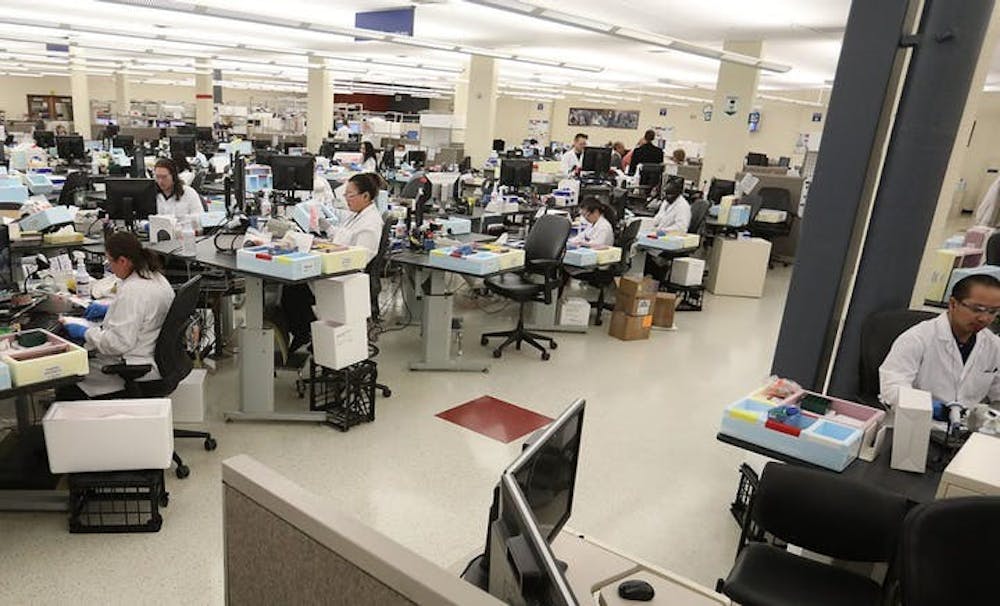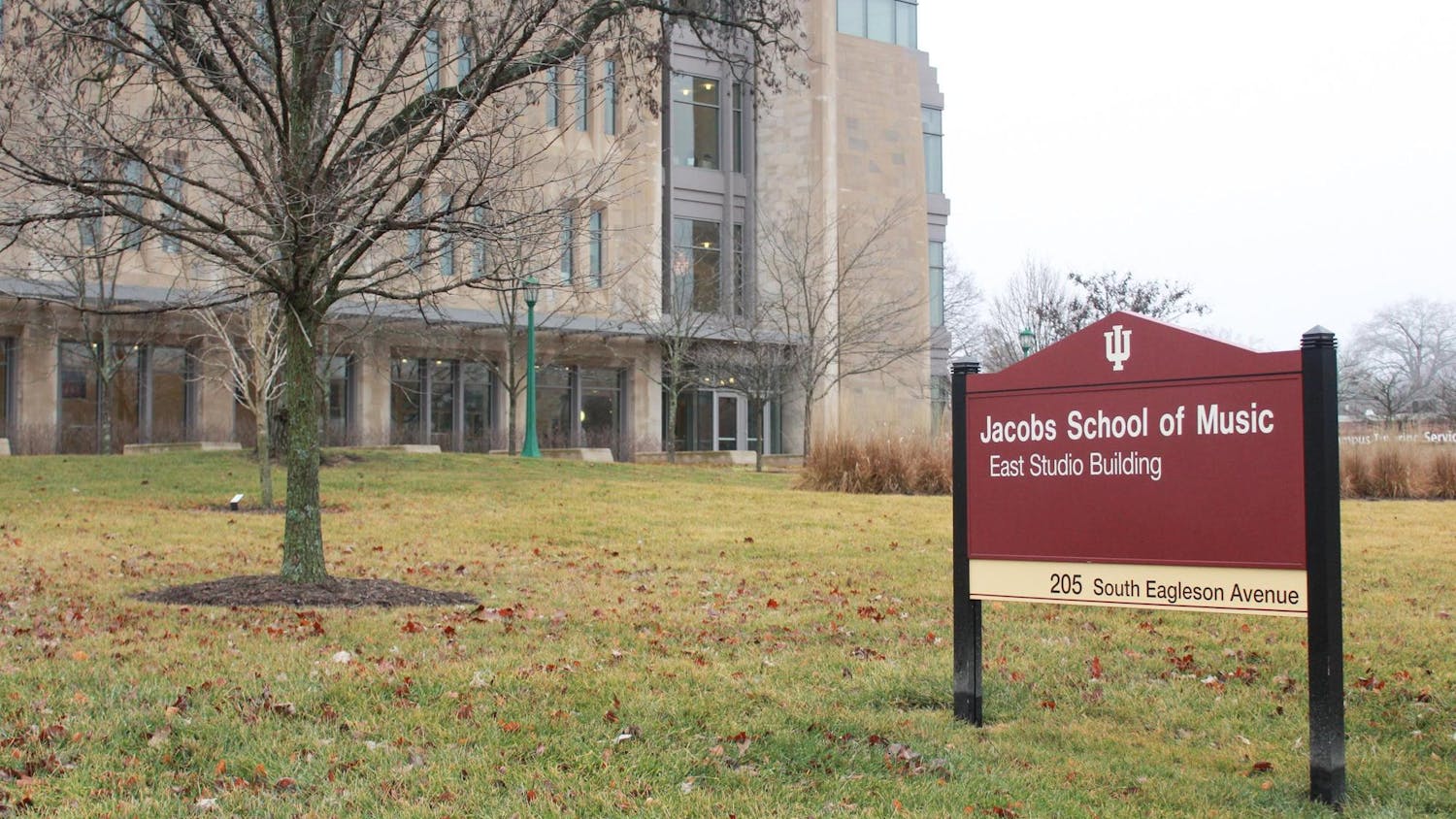IU researchers have gotten their research canceled, delayed or had to adapt to the loss of onsite facilities due to the COVID-19 pandemic within the last few weeks. An announcement from IU’s vice president of research last week restricted it even more.
The March 23 press release from the Office of the Vice President for Research announced only essential research activities could be conducted in person. Essential research includes work directly related to preventing, containing or treating the coronavirus pandemic and work related to national security.
“I deeply regret that we have had to take this action,” Vice President of Research Fred Cate said in the release.
Linguistics researcher Patricia Amaral said she’s remained largely unaffected by the directive and is continuing her research on historical linguistics remotely. But she said she regrets not being able to go to the university libraries to look at texts. Library employees are making past research and archives available digitally, she said. She can find a lot of the material she needs through online databases.
“I'm still managing to do my research,” Amaral said.
With many in-person research symposiums being canceled, organizers have planned to do them over Zoom. Amaral said she’s glad the graduate students will still have a chance to present their work.
Amaral has set up online meetings with her graduate students she advises, as well as adapting her advising methods to have more contact with students via email and giving feedback through annotating Box folder files.
“People are reacting in very creative ways and trying to make the most of the possibilities we now have,” she said.
The disruption of research has made her consider her research in a new light. Amaral said everyone can access language, and it connects people.
“Linguists really have this responsibility of sharing their research and making their findings available,” she said.
IU researcher Gary Motz focuses on digitizing museum collections, which is has been approved as essential research. He said he’s concerned about the physical specimens which are still at IU waiting to be digitized, which he can visit because of his approval as an essential employee. He said one of his main concerns is renovations of buildings compromising the geological and archival collections.
“It's been a little bit of a chaotic struggle,” Motz said.
Motz said he doesn’t want any research material to be damaged. He referenced “the great house cleaning” in the 1940s when the university got rid of many of its fossil collections, including most of the giant ground sloth Megajeff's fossils, to make room for incoming students.
A physical specimen will always be different than a digital rendering, Motz said. The digital rendering won't have DNA nor genome of the species, and it won't able to be carbon dated. Motz has also been championing digital environmental receptors, which can take data such as humidity and temperature of the room, so he can still monitor the collections remotely.
Some of Motz’s colleagues feel the loss of in-person research and related travels more acutely. He said a researcher who studies coastal erosion can’t go to the Great Lakes to study how erosion has increased over time, and Motz said that could spell disaster for combatting problems such as coastal erosion.
“Putting our research on hold is potentially going to have longer-term consequences with regard to our ability to react in a proactive manner,” he said.




